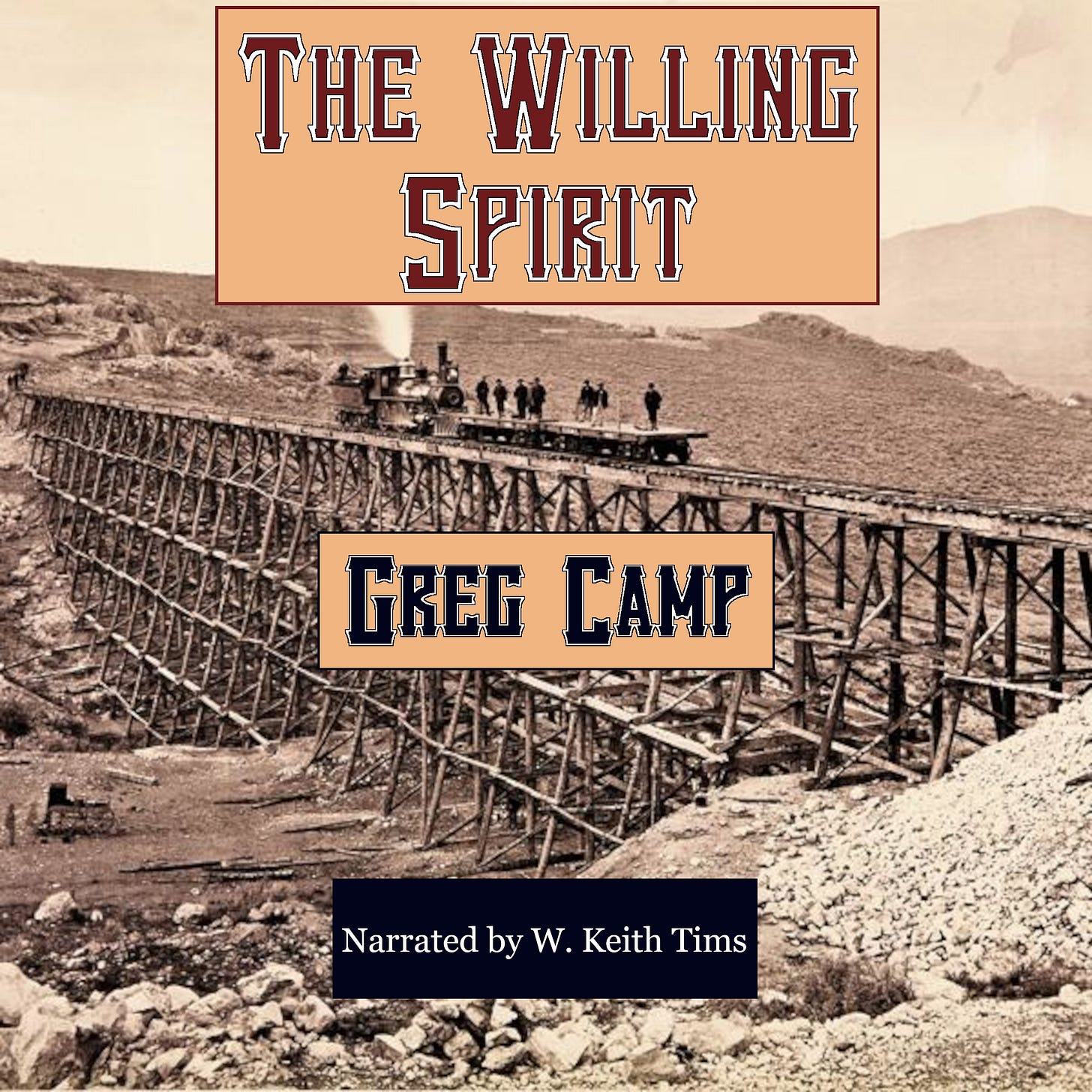Let it go
There are many constants of the universe. Death, taxes, the fine-structure constant, the inability of right wingers to provide the correct name of the Democratic Party: These are all facts about reality that persist beyond all changes in time and circumstances. Another is the refusal of control freaks ever to let any measure of power go.
By control freaks, I do not mean the merely routine annoyance that the rule of law can be. Instead, I have in mind politicians and the like who cannot stand the idea of people anywhere are going through their days without asking permission about every aspect of their lives, who insist that many activities in any case must be banned on the possibility of wrongdoing, who regard submission as the ultimate expression of citizenship.
There are many examples and many degrees of this political condition, but I wish to consider two here from opposite sides of the Atlantic who illustrate the silliness of the attitude: Keir Starmer and Chris Murphy.
Starmer, the British prime minister, took to Twitter recently to boast that his government is bringing down knife crime in the United Kingdom, giving special attention to a ban on “ninja swords” that became active on the 1st of August.
Knife crime, something that is defined by the House of Commons as “a crime involving an object with a blade or sharp instrument,” is a problem that successive governments have sought to address, with some fifty thousand incidents resulting in over two hundred deaths per annum in recent years in England and Wales alone, some forty percent of total homicides. The thought that law-abiding Britons might have a use for carrying self-defense weapons as a solution will likely never occur to a British government any time soon, the latter’s favorite answer being to ban ever more items in hopes that at some point, the criminally violent will feel themselves constrained.
This, I am sorry to say, has increasingly been standard procedure in the United Kingdom, but today, I want to note a particular aspect of the latest yearning for control, namely an inability of the government to know what they are talking about.
The inclusion of “ninja swords” is confusing to anyone with even a passing familiarity with Japanese historical bladed weapons, since the law defines the naughty knife in question as having a fixed blade of between fourteen and twenty-four inches (that is Brexit in action, presumably) with a single edge and a tanto point.
One does not have to be a fan of James Clavell to realize that this describes a wakizashi, a backup weapon meant to accompany a katana in the standard arms of—say it with me, now—a samurai. The ninja, presuming that they were much of a force in medieval Japan, were peasant warriors, not the armed servants of feudal lords—which is to say, they were labor, not management, and a Labour government’s efforts to forbid a weapon by declaring it to be the tool of the working class rebels against elitist control when it was in fact an item employed in labor’s oppression would be a hilarious bit of historical illiteracy if it were not a sign of how desperate Britain’s control freaks are to pass yet more laws that will only burden the law-abiding ever more.
This attitude is not unique to Old Blighty, alas. Late last month, Senator Chris Murphy of Connecticut proposed raising the tax on such items as short-barreled rifles and suppressors from the current two hundred dollars—a tax about to go to zero in January of next year—to $4,709 per item, a figure that he argues reflects the change in the value of the dollar due to inflation since the 1934 passage of the National Firearms Act. The goal here seems to be to restore the original intent of the NFA to bar ordinary Americans from being able to afford devices that our betters regard as appropriate only for the wealthy.
The commonality here is the control freak’s attack on something that can be made to look niche, the object of desire only for those people, whoever they might be, the most convenient cases being groups who shock, offend, annoy, or disgust the majority who suffer from what Alfie Doolittle called “middle-class morality.” A “ninja” sword? Only teenage boys wearing eyeliner want those. A suppressor, referred to by those with Starmer’s level of awareness as a silencer? That is an assassin’s tool—how long until they are categorized as “ninja”? Guns and knives generally? Well, obviously, those only appeal to anti-social types.
The yearning to control is a kind of constipation in the body politic. Yes, we must have some rules, and we must work together from time to time, but some of those rules ought to be a strict boundary between matters of public concern—murder and assault, for examples—and those things that are private or personal—owning knives or firearm mufflers, say. And if polite letters and voter instigated referenda prove to be insufficient, it may be necessary to speak a bit louder against excesses of control.
The urge to tell others what they may and may not do has long been a fact of the human condition—a constant, it appears—but it is one that can be fought, and the two examples discussed here would be a good place to start.



